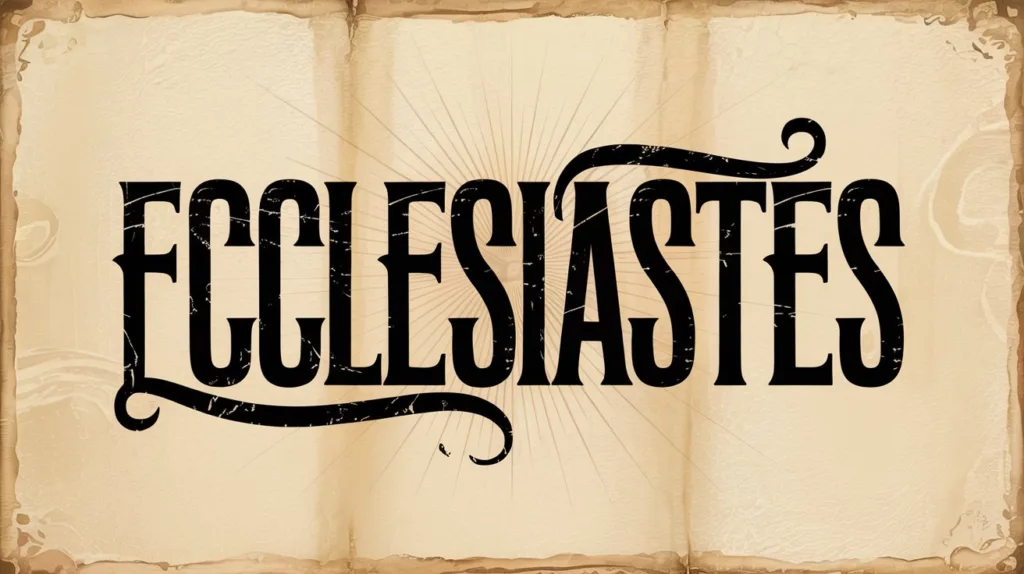Solomon’s wisdom is one of the most prominent aspects of his reign and is described in 1 Kings 3–4, 10, and 2 Chronicles 1. After Solomon became king, he offered sacrifices at Gibeon, and there the Lord appeared to him in a dream by night. God said, “Ask! What shall I give you?” (1 Kings 3:5).
Solomon, recognizing his youth and inexperience, asked for an understanding heart to judge the people and to discern between good and evil. His request pleased the Lord, who granted him “a wise and understanding heart” so that there was none like him before or after (1 Kings 3:9–12). God also gave him riches and honor, promising longevity if he walked in obedience (1 Kings 3:13–14).
Solomon’s wisdom was quickly demons/”>demonstrated in a famous case involving two women claiming to be the mother of the same baby. Solomon proposed to divide the child in two, knowing the true mother would rather give up her child than see him harmed. Her plea revealed her identity, and Solomon gave her the child (1 Kings 3:16–28). All Israel marveled at his judgment.
1 Kings 4:29–34 describes Solomon’s wisdom as vast and comprehensive, including knowledge of plants, animals, birds, and fish. He spoke three thousand proverbs and composed over a thousand songs. People from all nations came to hear his wisdom, including kings and dignitaries.
One of the most notable visitors was the Queen of Sheba, who tested Solomon with hard questions. After hearing his answers and observing his court, she said, “The half was not told me. Your wisdom and prosperity exceed the fame of which I heard” (1 Kings 10:7).
Solomon’s wisdom was a divine gift that brought glory to God and peace and prosperity to Israel. Yet later in life, Solomon turned away from the Lord because of his foreign wives and their idols (1 Kings 11:1–8), showing that wisdom must be accompanied by obedience to remain effective and faithful.
Solomon’s wisdom points to Christ, in whom “are hidden all the treasures of wisdom and knowledge” (Colossians 2:3). Jesus declared, “indeed a greater than Solomon is here” (Matthew 12:42), affirming that true wisdom is found ultimately in Him.





 Get the book that teaches you how to evangelize and disarm doctrines from every single major cult group today.
Get the book that teaches you how to evangelize and disarm doctrines from every single major cult group today.